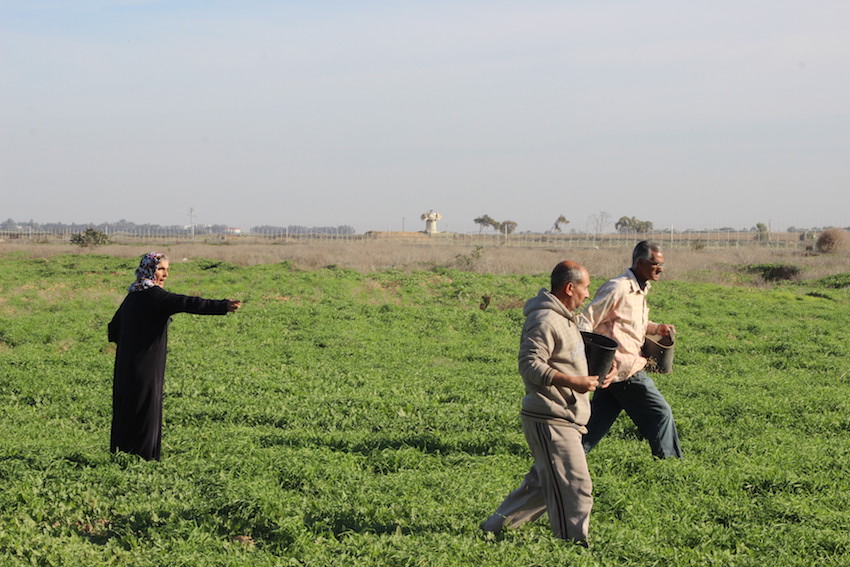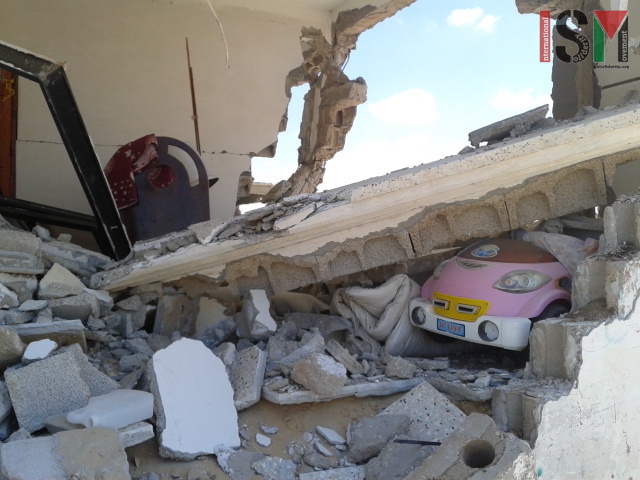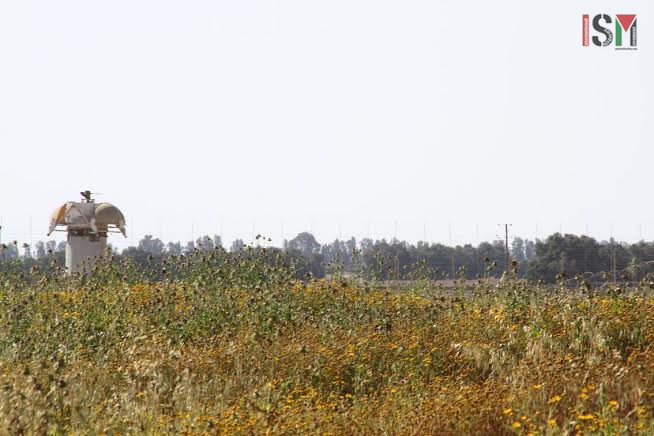Tag: Khuza’a
-
In Gaza, Israeli Forces brutally stop farmers from working on land
November 27th, 2015 | International Solidarity Movement, Gaza team | Khuzaa, Gaza strip, Occupied Palestine In Gaza, farmers should have started to plant wheat almost a month ago. However, in Khuzaa, a village close to Khan Younis, farmers who own land near the fence have not been able to start, as they don’t have the…
-
“…but still with a few hope in our hearts”
20th May 2015 | Inas Jam | Khuzaa, Gaza. Editor’s note: This is the testimony of a 23 year old woman who survived the land invasion of Khuzaa, Gaza, in the summer of 2014. This is the original version of her writings and no edits have been made. We were in Khuzaa in our grandfather’s house when the war started.…
-
VIDEO: Israel forces once again open fire at Palestinian farmers in Gaza
3rd April, 2015 | Miguel Hernández | Khuza’a, Gaza, Occupied Palestine As soon as we arrived at the land where the farmers wanted to work, about 80 meters from the zionist fence which borders and cuts of the Gaza Strip, an Israeli occupation military jeep stopped in front of us. A group of soldiers left the car and started shooting…



